Paver blocks are a type of concrete brick that is typically used for outside flooring and road construction rather than for walls.
A paving block is an excellent choice for local roads in the town or hamlet and the exterior area of the building.
Its have a lovely appearance.
In this article you’ll learn:
So, if you’re ready to go with paver blocks, this article is for you.
Let’s dive right in.
What are Paver Blocks?
Paver blocks are a form of concrete brick, the main difference is that it is not used in the building of the wall, but employed for road construction and outdoor flooring.
The most prevalent flexible surface treatment for outdoor pavement applications is probably a paver block often known as a paving block.
Flexible pavement is provided by these kinds of blocks.
Additionally, it is easy to maintain, incredibly resilient, and nice to walk on.
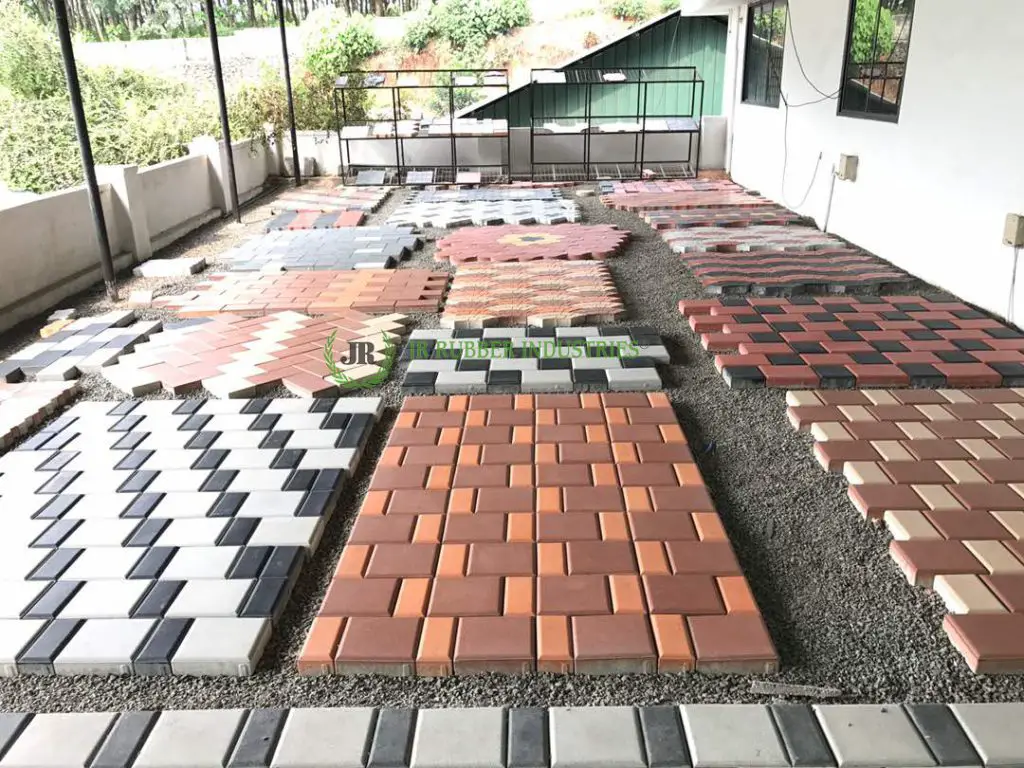
Purpose of Paver Blocks:
- Paving blocks are suitable for heavy-duty applications due to their long-lasting performance that allows them to sustain heavy weights and withstand braking and shearing pressures.
- It is also known as interlocking paver blocks, and it has been widely used in many nations for a long time.
- As it is a specialized problem-solving method for creating pavement in locations where conventional paving techniques are less durable because of numerous operational and environmental restrictions.
- Interlocking paver blocks that are properly planned and produced perform brilliantly when utilized in conditions where conventional methods are less effective due to a range of geological, traffic, environmental, and operational limitations.
Types of Paver Blocks:
1. Concrete Paving Block:
Concrete blocks are produced in large quantities in regular sizes; hence they are interchangeable.
The two surfaces of a standard concrete block are smooth on one and rough on the other.
The concrete paving blocks are best suited for heavy-duty applications since they can withstand braking and shearing pressures that support enormous loads.
Different colours can be found in the concrete blocks, while metallic oxides are usually responsible for the colors.
However, it’s possible that these hues will eventually disappear, therefore you must be very careful while selecting the block’s colour.
The most popular option for laying pavements, driveways is concrete paving blocks.
2. Clay Paving Blocks:
Clay pavement blocks are often referred to as cobbles or bricks.
The common shape of these blocks is that of a rectangular brick, while special shapes can be created for particular needs.
Clay pavement blocks can be used on either side, unlike concrete paving blocks both sides can be switched.
Clay blocks are only available in their natural colours, therefore there is no chance of colour fading with these blocks.
Usually, walls or pillars are constructed with these blocks.
Paver Block Shapes and Classification:
1. Paver Block with Trihex Grooves:
We provide this kind of paving block at a variety of price points.
They are exceptional for living long lives.
- Installation that’s straightforward and easy.
- Economical and time-saving.
- It is quickly repairable and has a long lifespan.
2. Paver blocks in a rectangular ETA shape:
Ideal for enhancing the elegance of contemporary home furnishings.
They are easily accessible in a market in a variety of sizes and forms.
- Quick to Install and manage with little effort.
- A system of interlocks that requires little maintenance.
- It reduces cracking due to load transfer.
3. Paver Blocks in the Triangle Shape:
Over the globe, a lot of blocks of this kind are used.
Paving blocks with triangle shapes are preferred because of their durability and strength.
- It delivers dust, mud-free beautiful environments.
- Also, enables rainfall to permeate blocks below.
- It has lovely looks because of its unusual shape and patterns.
4. Paver Blocks in Square Shape:
These square pavers are mostly employed in residential and commercial architectural projects.
Additionally having excellent durability, these pavers are very simple to install and maintain.
- Any form of repair is possible and is simplified.
- Easy Interlocking Paver Installation.
- It offers attractive environments devoid of muck and dust.
5. Paver block in crown shape:
Crown Paving Blocks are highly popular in residential locations including parking lots, sidewalks, and apartment complexes since they are simple to install.
- Due to its shape and style, demonstrates the exterior’s diverse appearance.
- Offer hardly any cracking due to the greater area of tension.
- The ideal exterior appearance is devoid of mud and dust.
6. Paver Block in Pending Shape:
Pending Pavers is utilized in both residential and commercial architectural projects.
Additionally having excellent durability, these pavers are very simple to install and maintain.
- Perfect for footpaths, building complexes, motels, and other areas.
- Strong and attractive surface.
- A locking mechanism requiring little maintenance
7. Paver Blocks in Pending Shape:
Parking spots for residential apartments and bungalows are the most common.
- Installation that’s straightforward and easy.
- Economical and time-saving.
- It is quickly repairable and has a long lifespan.
8. Paver Blocks with a Crown Hole:
The design of the crown with Hole Pavers block was inspired by the fresh and sophisticated appearance of contemporary paving.
- Easy to handle and install, and requires little work.
- A system of interlocks that requires little maintenance.
- Reduces cracking due to load transfer.
9. Paver Blocks in the Behaton Shape:
The adjacent stones can be interlocked due to the block’s behaton shape.
Even in broad regions, it offers the pavement excellent levels of stability.
Due to its versatility and ability to be used in locations exposed to strong loads, it is a preferred paving solution for parking lots and industrial areas.
You can get these shaped blocks with or without chamfers.
They are appropriate for installing machines.
- It offers attractive environments devoid of muck and dust.
- They enable rainfall to permeate blocks below.
- Due to its distinctive shape & decorations, it offers distinctive looks.
10. Paver Block in a Curbstone Shape:
Even in huge regions, the pavement is stable due to the block’s design.
Due to its versatility and ability to be used in locations exposed to strong loads, it is a common paving solution in industrial areas and parking lots.
- Ideal for parking, dividers on highways, and heavy cargo.
- Due to the greater region of tension, there are no cracks.
- The ideal exterior appearance is devoid of mud and dust.
11. Colorado Paver Blocks in Shape:
The exterior of homes, businesses, and gardens can benefit from these concrete pavers.
- Quick coloured.
- Anti-skid.
- No mud and dust interlocking.
- High-Performance and Affordable.
- simple to set up and keep up.
12. Pavers in the shape of Europa:
These paver stones are sturdy because they evenly distribute weight and are secure.
- Accessible colour spectrum.
- Attractive and original designs.
- Simple installation.
- Lasting a long period.
- Taking less time water-resistant.
13. Paver Block in Marigold Shape:
Fibber-reinforced concrete maintenances for flexural strength and lowers breakage is used in the construction of marigold-shaped blocks.
These kinds of manifold blocks come in a variety of hues.
- High-Performance and Affordable.
- Simplest setup and keep up.
- Fast-colored anti-skid mud-free interlocking surfaces.
14. Paver Block in the Tigris Shape:
It is simple to install and replace these kinds of shapes.
- High-Performance and Affordable.
- Simple to set up and keep up.
- Fast-colored anti-skid mud-free interlocking surfaces.
15. Paver Blocks in the Water Course Shape:
This provides a quick and easy way to drain water from yards, streets, parking lots, factories, or component parts.
When this block satisfies all standards, it can also be utilized in the construction of roads.
- Due to its shape and design, it displays distinctly distinctive exterior appearances.
- Due to the greater area of tension, they do not crack.
- The ideal exterior appearance is devoid of mud and dust.
Calculation of Paver Block Required:
The size of the field and the area of the paver block shape that will be utilized have a significant impact on the number of paver blocks needed.
We must determine the size of the field and the paver block in order to calculate the necessary number of paving blocks.
For example, 20 × 30 feet equals 600 square feet.
We are using paver blocks in square shape having a surface area of 0.074 square Feet (6889 mm2) or 0.27′ (83 mm) x 0.27′ (83 mm)
Number of Blocks = Field Area / Paver Block Area
= 600 ft2 / 0.07415 ft2
= 8108 Nos.
Manufacturers often specify that a square block measuring 83 mm by 83 mm in the area must be approximately 1400.
For 100 square feet = 1400 (Including Wastage).
So, For 600 sq. ft. = 1400 x 6 = 8400
Advantages of Paver Blocks:
- Compared to concrete or asphalt surfaces, paver blocks do not require specific care.
- The blocks can be kept clean and vibrant with a quick water wash.
- Paver bricks are extremely resilient, and if they are properly linked, they can easily last for 20 years.
- Even heavy vehicle loads can be supported by paver blocks.
- Paver bricks are particularly adaptable because they come in a variety of sizes, shapes, and colours, they can be utilized in both residential and commercial settings.
- Paver blocks are slip- and skid-resistant.
- Any weather situation can be employed.
- These paver bricks are incredibly simple to install and do not require any additional tools.
- The fact that paver bricks are easily replaceable is their main profit.
- It is simple to take out a damaged block and replace it with another one.
Disadvantages of Paver Blocks:
- Small potholes or raised edges that may be dangerous can be left behind by this settling.
- When they crack, solid poured surfaces may likewise have this issue.
- Solid surface repairs are costly and difficult.
- There is no plasterwork, which makes the spaces between the brick potential hostages for insects.
- Brick crumbling caused by unfavourable weather conditions.
- Not appropriate for structures with more than two stories since the bricks cannot support the entire load.
Also read: Concrete Block | Types of Concrete Blocks | Hollow block
Conclusion:
The concrete paver blocks can be used in low load bearing regions because they reached 91% of their strength after 28 days.

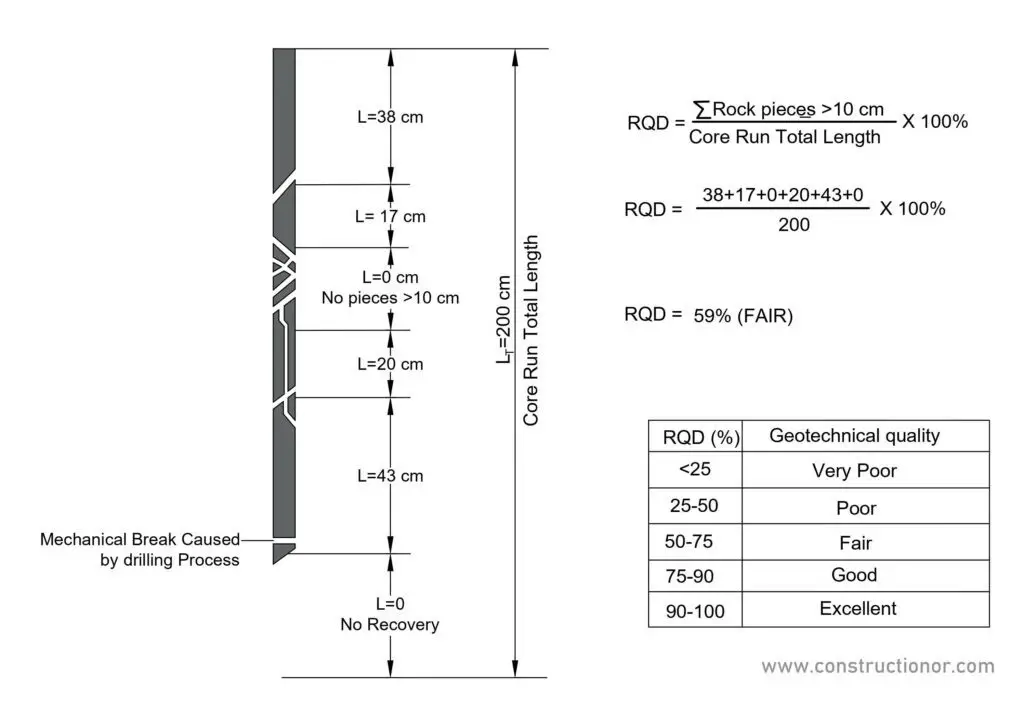
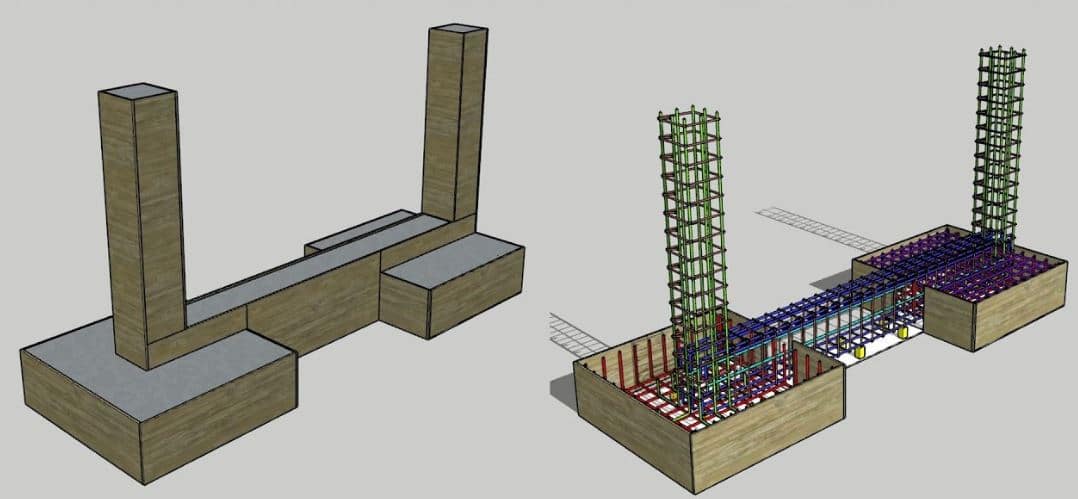
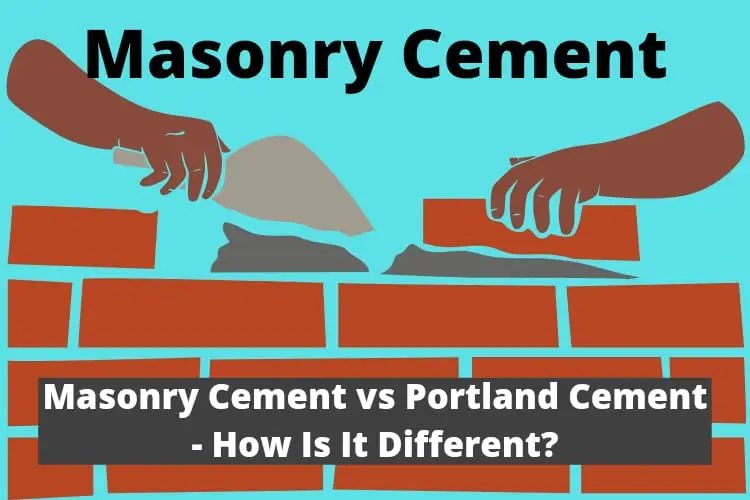
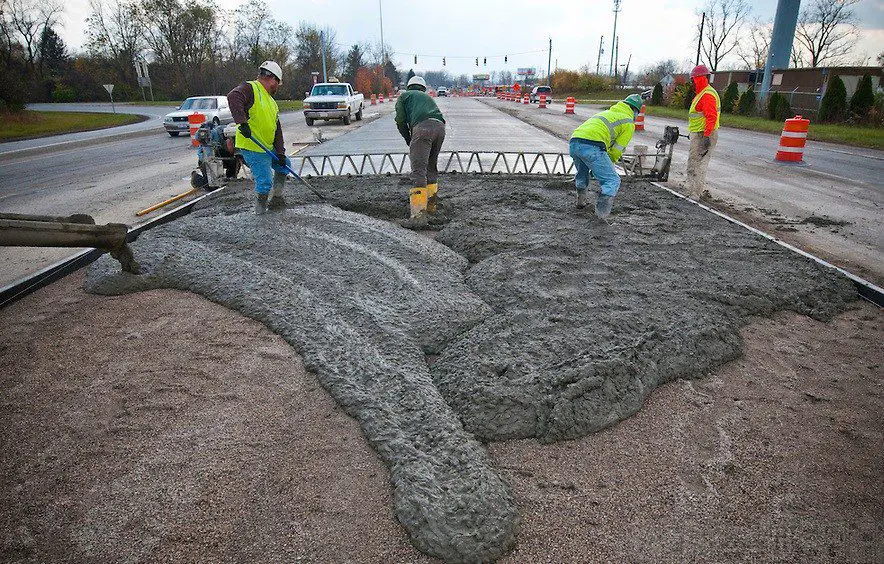
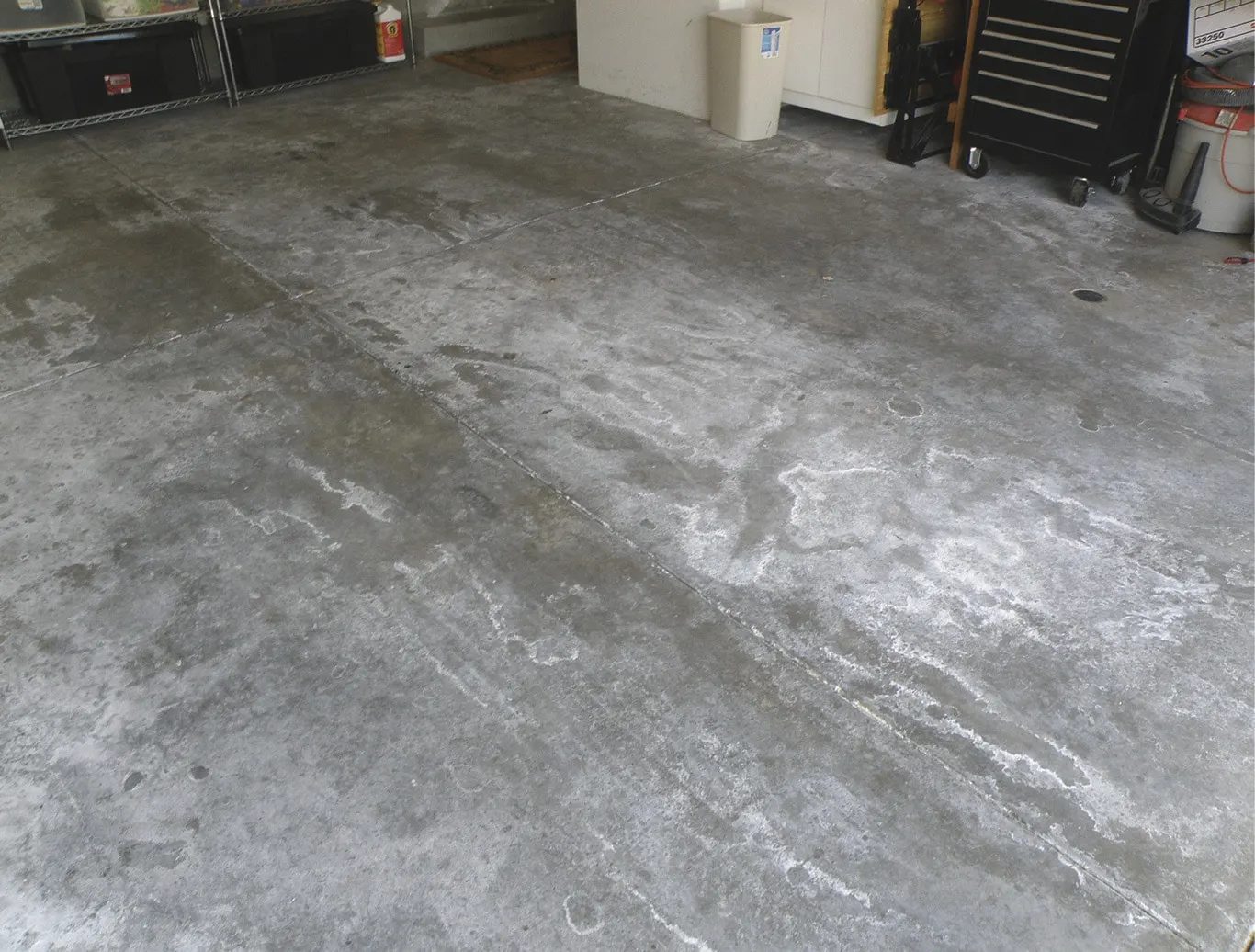
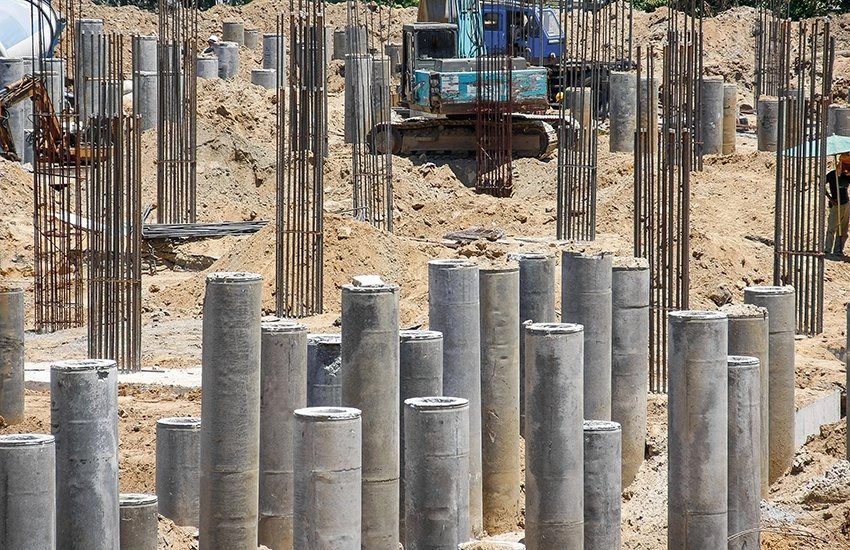
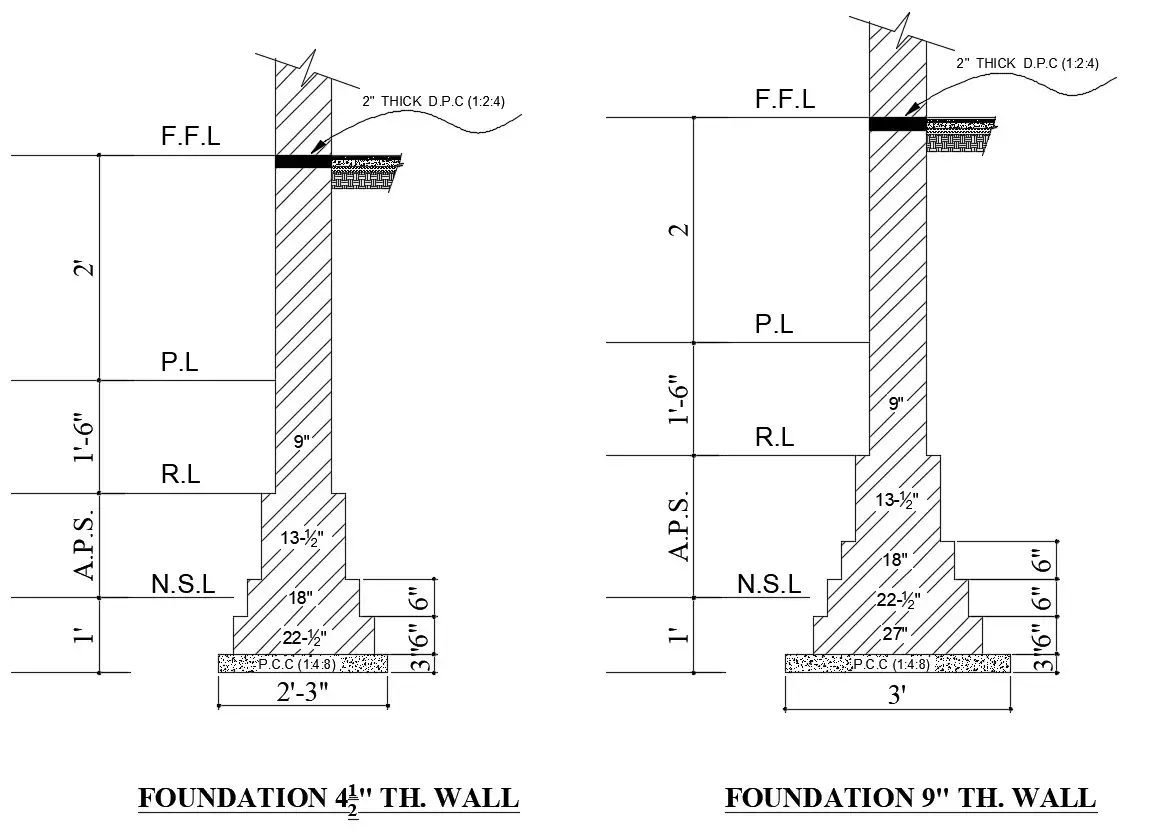
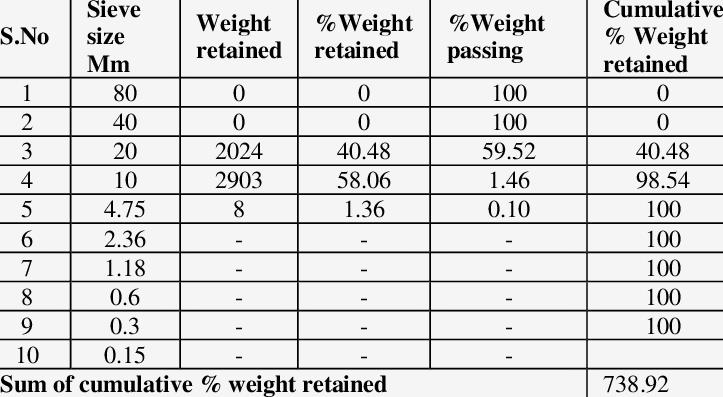
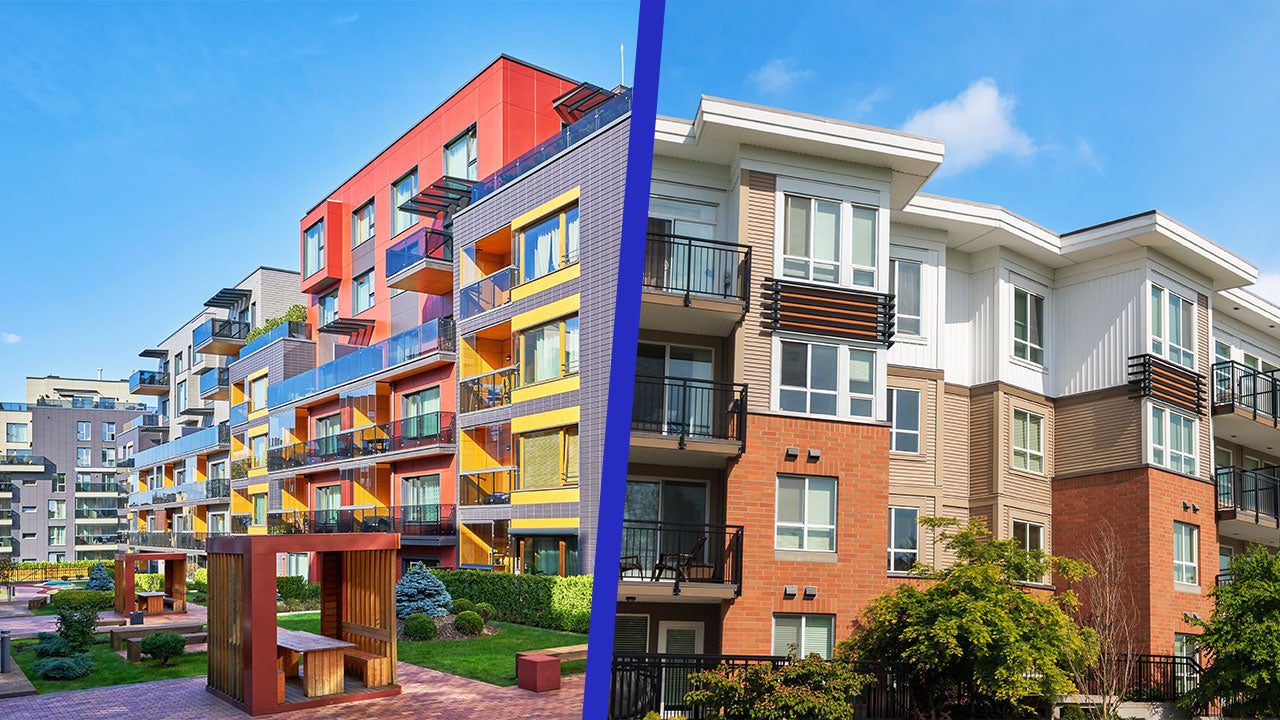
I really appreciate the amazing blog post you wrote about paver blocks.
Good day,
I’m interested in your plastic paver tile for commercial purposes.